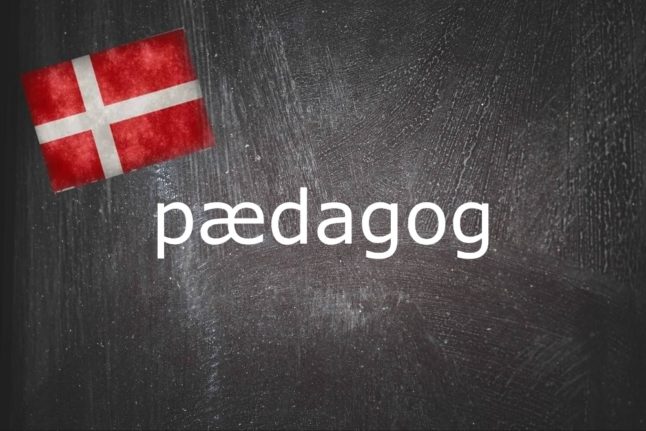What is skudår?
A skud is a shot and år means year, so the literal translation of this word would be “shot year”.
You may have already guessed that it actually means “leap year”, especially if you’re reading this on February 29th.
The word skud can appear in unexpected places. As well as skudår, you’ll also find it in the recently-coined term skud ud, which literally means “shot out” but is a mistranslation of the English “shout out”: to publicly acknowledge, appreciate or express thanks or respect to somebody.
Why do I need to know skudår?
Let’s be honest, you only really need to know it during years when the Olympics are held, but it’s worth learning why it’s called a “shot year” and not a “leap year” in Danish.
Its origins are in Latin, where the term annus intercalarius means “year with day inserted”. The Danish word for “inserted” in this context is indskudt, which makes a lot more sense than using the straight translation of “skud”.
If you wanted to say “year with a(n extra) day inserted” in Danish, you’d say something like år med indskudt dag.
The Danish word overskud, a notoriously one to translate into English, is the noun form of the verb at overskyde, which literally means “to overshoot”. It can be used to describe a surplus of something. A leap year is, of course, needed to keep the calendar regular because there’s a surplus of time after the earth has travelled four times around the sun.



 Please whitelist us to continue reading.
Please whitelist us to continue reading.
Member comments